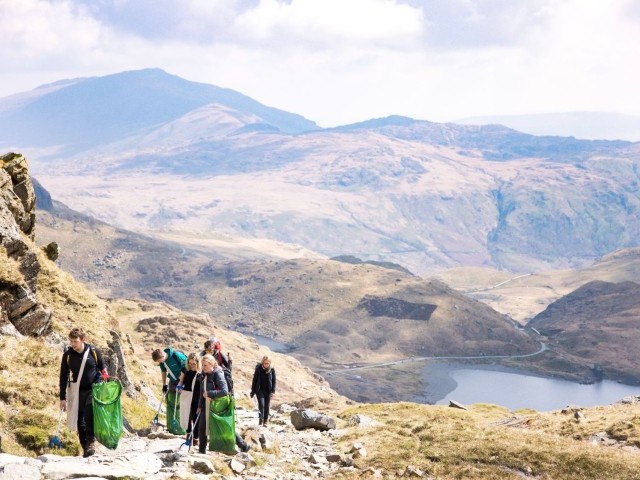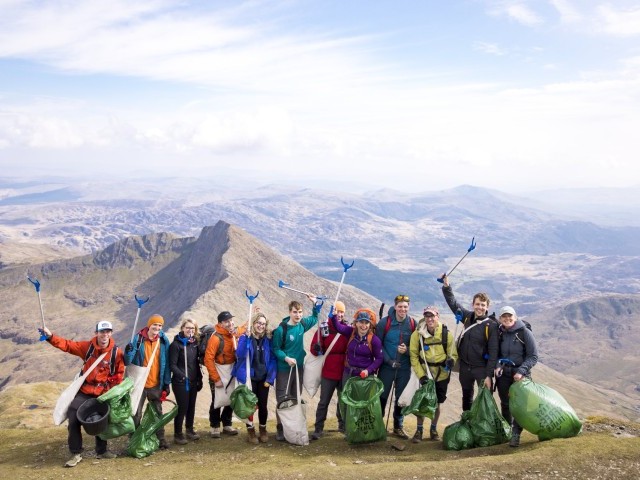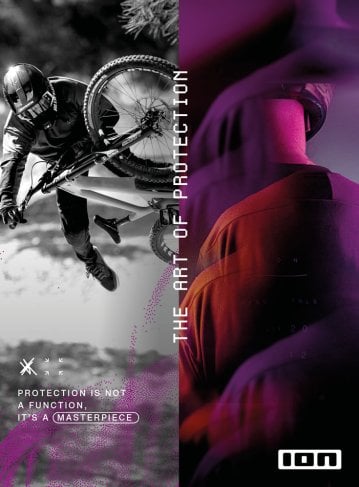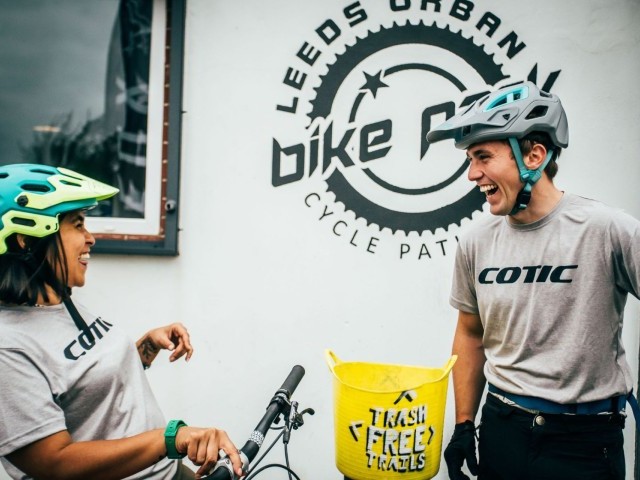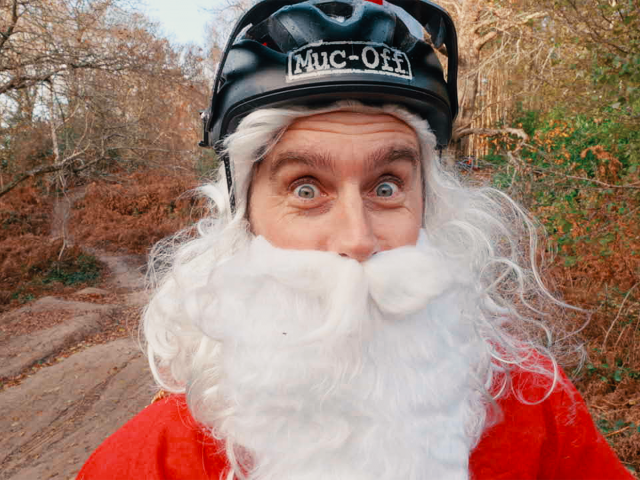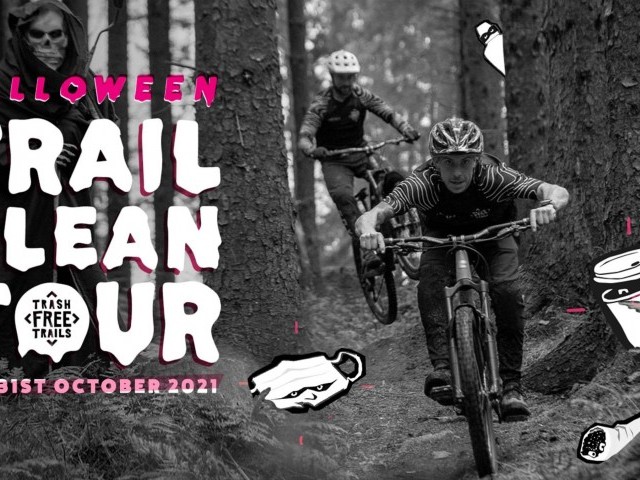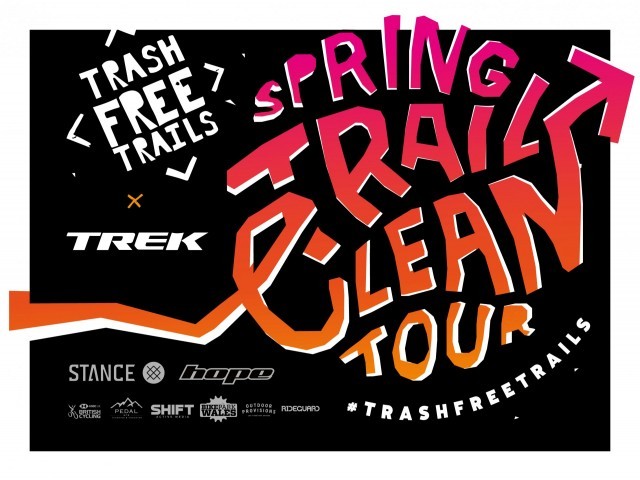Pollution On Our Trails – New Data On Litter From Trash Free Trails
New ‘State of Our Trails’ Report suggests that there are over 9 million items of single use pollution (litter) on the UK’s public rights of way
KEY STATS
Over 216,000 individual items of litter removed from over 5000 km of UK trails by local communities
Research shows an estimated 41 items of litter per km on UK trails
Lucozade highlighted as the top brand of single-use drinks container found
Over 1/5 of recorded ‘animal interactions’ with litter ended in death
First of its kind study of plastic pollution in trail ecosystems in the UK
THE REPORT
This week not-for-profit Trash Free Trails (TFT) ring out a warning cry for trail ecosystems that are being ‘choked’ by single-use pollution.
The State of Our Trails Report, supported by Bosch eBike Systems and Bangor University, is a ‘first of its kind study into the causes, prevalence, composition and impacts of single-use pollution on recreational trail ecosystems.’ (TFT, 2023) Heralded as the first UK study aiming to establish a scientific understanding of the environmental consequences of litter that escapes into landscapes, today Trash Free Trails deliver a hopeful call that though the situation is dire, community-led action can be at the heart of changing the statistics.
CITIZEN SCIENCE IN ACTION
The Report, drawing together over 1600 submissions by 4500 volunteer ‘Citizen Scientists’ estimates that as many as 9.1 million individual pieces of litter could be found across the UK’s 220,000km of public rights of way.
Bringing together data collected between July 2020 and August 2023, the State of Our Trails Report is one of the most comprehensive studies on the state of litter pollution to date. Not only does the Report analyse the 216,000 items removed by volunteers through trail cleaning events, but proposes some of the first analysis of the ‘causes’ of littering behaviour.
Cross societal awareness and action on plastic pollution has exploded since 2010, but remained focused on ocean and marine environments. The reception to David Attenborough’s Blue Planet II in 2017, alongside the UN’s dedication of 2020-2030 as the ‘Decade of Ocean Science for Sustainable Development’ has enabled public awareness of the impacts of marine litter to bloom. But Trash Free Trails believe a huge scientific blindspot remains when it comes to terrestrial ecosystems.
THE IMPACTS OF LITTER
Over 1750 academic papers were published on the nature of marine plastic pollution as of 2021, however none were conducted with the same focus on recreational trails, despite estimates suggesting that up to 23 times more plastic pollution is escaping into terrestrial ecosystems than into oceans (Hortonab et al, 2017). The State of Our Trails Report is a blaring call into this void of research.
‘This Report is not just documentation of our findings; it actually outlines a method for showing the impacts of litter, not just on ecosystems, but on ourselves too’, says TFT’s Communications Manager Rachel Coleman
The Report outlines some of the more obvious impacts of litter, from animal interactions and fatalities, to the less well known impacts litter has on human beings, casting a new light on the litter issue. With research consistently showcasing the benefits of connection with the natural world, The State of Our Trails Report exemplifies how nature connection can be ‘disrupted’ by the presence of litter, impacting our ability to reap the benefits of the outdoors.
‘We believe the negative impact litter is having on our ecosystems is one thing to get motivated by, but knowing the impact it has on ourselves and our enjoyment of the outdoors – that’s something policy makers and single use product manufacturers can’t ignore.’
A TRASH FREE MANIFESTO
Ahead of the 2024 General Election, The State of Our Trails Report makes recommendations in four key areas, including to UK Government and Industry. They emphasise the undeniable benefits of introducing a Deposit Return Scheme for single use drinks containers, and the importance of integrating outdoor education into the national curriculum.
These ‘Evidence-Led Actions, forming a ‘Trash Free Manifesto’ at the conclusion of the Report, also raise the call for more effective accountability from industry regulators on new plastic packaging, and herald examples from new European Green Deal policies that recentre the value of recreational trails, repositioning the importance of better policy to protect them.
‘This isn’t just about reducing litter anymore’ continues Rachel Coleman. ‘This is about a complete transformation of our relationships to these environments which are central to our sense of identity and community. If we don’t work to better protect them, who will?’

